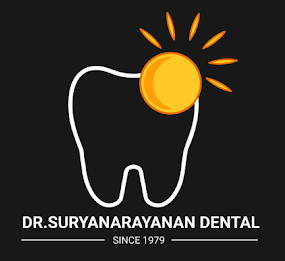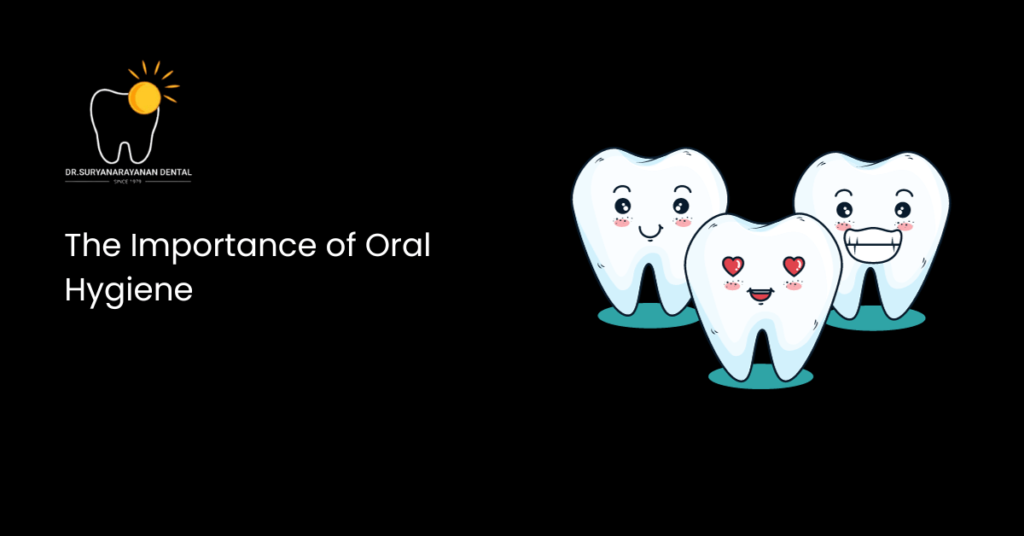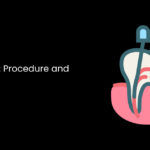Did you know that your mouth can tell a lot about your overall health and that oral problems can have systemic effects? Apart from routine checkups and cleaning by your dentist, it is absolutely crucial to know what you can be doing at home to care for your oral health.
What Is Oral Hygiene?
Oral Hygiene includes the practice of keeping the mouth and teeth clean in order to prevent dental problems on your own just the way your dentist takes care of your teeth but professionally which includes preventing infections, providing treatment for existing oral problems and dental surgery.
Why Is Dental Care Important In Old Age?
When it comes to the health of the elderly, good oral hygiene is crucial. If you have dental issues, taking your medication may be difficult. Poor dental health care has also been linked to pneumonia and heart disease (due to bacterial infection spreading to lungs and heart). It is therefore critical to promote older people’s oral health and wellbeing.
Why Is Dental Care Important During Pregnancy?
When pregnant, it’s especially important to take care of your teeth and gums. Oral health problems are more common during pregnancy and can have serious consequences. Some studies, for example, have found a relationship between gum disease and premature birth. Health problems are more common in premature infants and often persist into adulthood.
During pregnancy, taking proper care of your mouth, teeth, and gums will help you have a healthy pregnancy and baby.
How Does Oral Health Link To Overall Health?
Like the rest of your body, your mouth is crawling with bacteria, most of which are completely harmless. Some of these bacteria can be harmful, though, because they can enter the body via the respiratory and digestive systems via the mouth.
Normal oral hygiene practices like brushing and flossing on a regular basis, in addition to the body’s own defense mechanisms, help keep bacteria under control. Saliva plays an important role in this as it sweeps away food and neutralizes acids created by bacteria in the mouth, assisting in the protection of the body against microorganisms that reproduce and cause disease. Tooth decay and gum disease, among other oral infections, can be caused by a buildup of bacteria in the mouth if proper dental hygiene is not practiced. Decongestants, antihistamines, painkillers, diuretics, and antidepressants, among other drugs, might lower saliva flow causing the bacterial to spread due to lowered defense mechanisms.
What Diseases And Conditions Are Linked To Lack of Oral Hygiene?
Several illnesses and conditions may be related to your oral health and Hygiene.
Endocarditis. Infection of the inner lining of the chambers or valves of the heart (endocardium) occurs when bacteria or other germs from another part of the body, such as the mouth, travel through the bloodstream and adhere to specific locations in the heart.
Atherosclerosis is a type of cardiovascular disease. Heart disease, blocked arteries, and stroke are all linked to poor oral hygiene, and there is some evidence that bacteria in the mouth may play a role in triggering these conditions.
Complications during pregnancy and childbirth. Premature birth and low birth weight have been connected to oral diseases like periodontitis.
Pneumonia. Bacteria from your mouth can enter your lungs and cause pneumonia and other respiratory illnesses.
What are the Diseases that Impact Oral Health?
The following conditions may have an impact on oral health:
Diabetes. Gum disease appears to be more common and severe in people with diabetes. Gum disease patients had a tougher time maintaining their blood sugar levels, according to research. Diabetes control can be improved with regular periodontal treatment.
HIV/AIDS. Oral issues, such as painful mucosal sores, are common in people living with HIV/AIDS.
Osteoporosis. This disease weakens bones, which can lead to tooth loss and periodontal bone loss.
Alzheimer’s disease is a type of dementia. As Alzheimer’s disease worsens, oral health deteriorates.
You can also read : Diabetes And Dental Implant Procedure
Practicing Oral Hygiene
Protect your teeth and gums by following good dental hygiene practices on a daily basis.
- Use fluoride toothpaste and a toothbrush with soft bristles to keep your teeth healthy.
- Do not skip brushing your teeth twice a day,
- Floss on a daily basis.
- After brushing and flossing, use mouthwash to remove any remaining food particles.
- Limit intake of sugary foods and beverages and have a healthy diet.
- Change your toothbrush every three to four months.
- Plan regular visits to the dentist for cleanings and exams.
- Tobacco use should be avoided.
Maintain your oral health or get expert medical advice from experts at Dr. Suryanarayanan Dental Clinic. If you want to learn more about preventing oral problems or if you are in need of any cosmetic treatment, please get in touch with us via phone at +918928281341.


